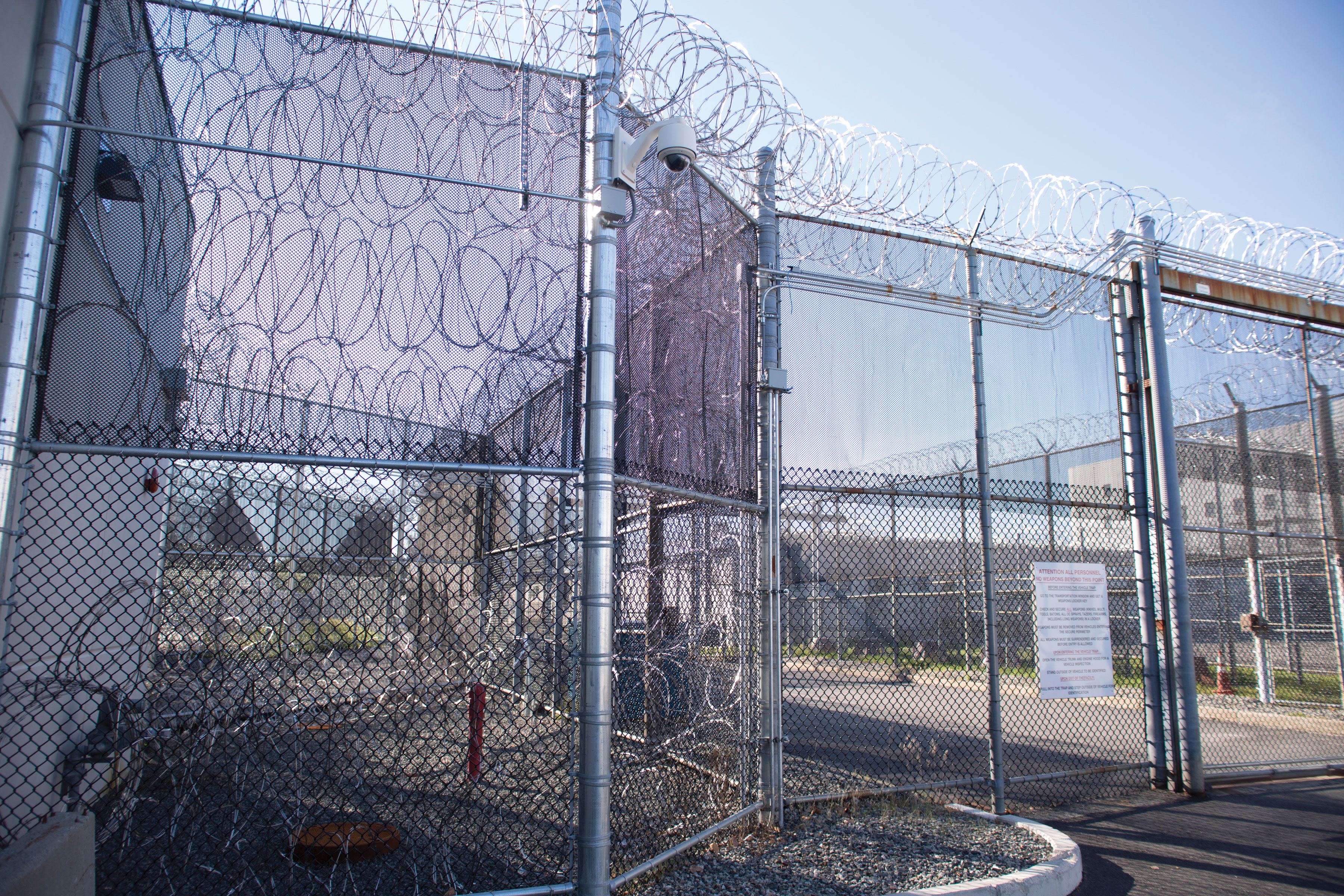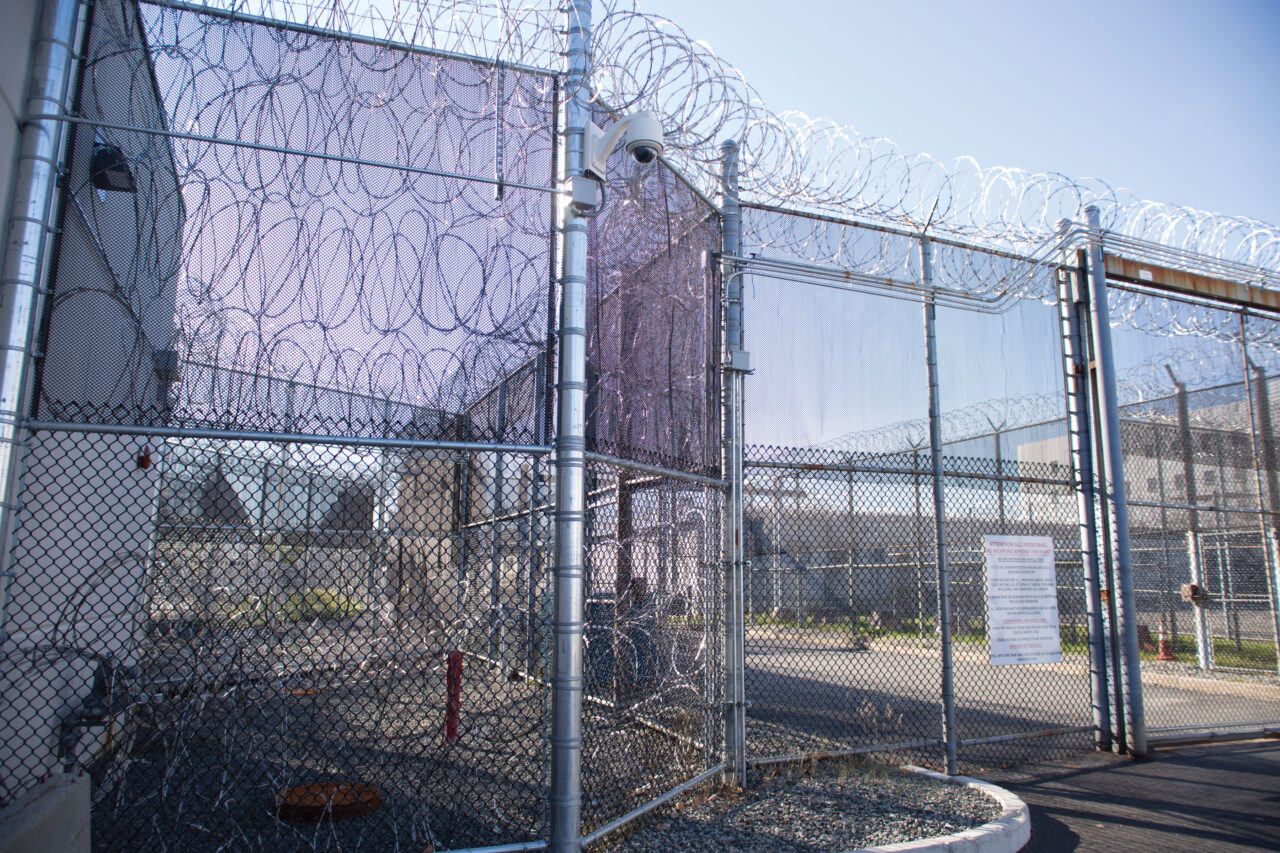
SUPPORTERS OF MANDATORY minimum sentences for drug crimes are circulating a set of disconnected talking points on Beacon Hill that obscure the real issues.
The debate is heating up as the Legislature prepares to hold hearings this month on bills that would eliminate Massachusetts laws requiring judges to impose a prison term of a specified length based solely on the amount of the controlled substance involved.
The truth is the debate over mandatory minimum sentences for drug offenses is largely settled. Five years ago, a blue ribbon commission convened by the National Academy of Sciences at the request of the US Department of Justice weighed all of the evidence and concluded that state legislatures should revisit the use of mandatory minimum sentences, underscoring the evidence that the practice has imposed large social, financial, and human costs and provided uncertain benefits in return.
Rather than take on the mounting body of evidence that indicates mandatory minimums have been a costly mistake, the Massachusetts District Attorneys Association is circulating a set of talking points that prop up the outmoded tough-on-crime-era sentencing laws.
The talking points begin with the assertion that Massachusetts has some of the lowest incarceration rates in the country, even though we are one of the nation’s most densely populated states. There is a whole lot wrong with this statement. It ignores the fact that our relative standing on measures of income, education, and health—factors that are causally related to crime—should have us at the low end of the US rankings. Instead, the statement suggests we ought to have more crime because of our geographic footprint, which is factually unfounded; all else equal, studies show crime drops with density.
Like it or not, the fact is every state in the US shares responsibility for the country’s incarceration epidemic. It wasn’t simply a few misguided states that resulted in the US having 5 percent of the world’s population and 25 percent of its prisoners. With incarceration rates rising at a faster pace in Massachusetts than the US since the 1980s, the Council of State Governments’ analysis shows that we have actually contributed more than our fair share to the problem.
